In the realm of property management, the pursuit of maximizing returns while enhancing the quality of homes is a perpetual balancing act. From maintaining profitability to ensuring tenant satisfaction and property value appreciation, effective property management financial strategies are essential for building better homes.
In this article, we explore property management finance strategies that property managers can employ to achieve these goals and create thriving residential communities.
Understanding Property Management Finance
Property management finance encompasses a range of financial activities and decisions aimed at optimizing the performance and value of residential properties. This includes budgeting, revenue management, expense tracking, financing options, and investment analysis among other considerations.
By collaborating closely with a proficient property management bookkeeper and leveraging sound financial strategies, property managers can enhance operational efficiency, mitigate risks, and drive sustainable growth in their portfolios.
Home Improvement Finance Strategies
These finance strategies outline the fundamental approaches to effectively managing finances for home renovation projects. From budgeting and cost estimation to exploring financing options and optimizing investments, this guide offers insights to ensure that every aspect of your home improvement endeavor is financially sound.
Whether you’re embarking on a small renovation or a complete overhaul, understanding these strategies can help you make informed decisions, stay within budget, and achieve your desired results without unnecessary financial stress. These finance strategies for home improvements may include the following options:

1. Strategic Budgeting and Forecasting
A cornerstone of effective property management finance is strategic budgeting and forecasting. Property managers must develop comprehensive budgets that accurately reflect each property’s income, expenses, and capital expenditures.
By analyzing historical data, market trends, and property-specific factors, managers can forecast future cash flows. They also identify areas for optimization and improvement.
Moreover, incorporating contingency reserves into budgets allows for flexibility in addressing unforeseen expenses or capital needs, ensuring financial stability and resilience. Regular review and adjustment of budgets based on actual performance. Market dynamics enable proactive management and optimization of financial resources.
2. Revenue Optimization
Maximizing rental income is a primary objective for property managers seeking to enhance returns on residential properties. Implementing strategic pricing strategies such as dynamic pricing based on market demand and competitor analysis can help optimize rental rates while maintaining competitiveness.
Additionally, value-added amenities or services such as fitness centers, concierge services, or pet-friendly policies. These services can justify higher rental premiums and attract quality tenants.
Furthermore, proactive tenant retention initiatives such as lease renewal incentives and responsive property maintenance, contribute to minimizing vacancies and maximizing revenue streams. By focusing on tenant satisfaction and retention, property managers can stabilize cash flows and enhance long-term profitability.
3. Expense Management and Cost Control
Effective expense management is essential for maintaining profitability and building better homes. Property managers must scrutinize operational expenses including maintenance, utilities, property taxes, insurance, and management fees to identify cost-saving opportunities and eliminate inefficiencies.
Implementing preventive maintenance programs and leveraging technology such as property management software and smart building solutions. This can optimize maintenance schedules, reduce repair costs, and prolong asset lifespan.
Additionally, exploring bulk purchasing agreements, energy-efficient upgrades, and outsourcing non-core services can lead to significant cost savings over time.

4. Capital Investment and Value Enhancement
Strategic capital investment plays a crucial role in enhancing the value and appeal of residential properties. Property managers should prioritize investments that yield the highest return on investment (ROI) and align with long-term asset appreciation objectives.
This may include renovations, upgrades, and amenities enhancements to improve property aesthetics, functionality, and market competitiveness.
Moreover, exploring sustainable and eco-friendly initiatives such as energy-efficient appliances, renewable energy installations, and green building certifications. This not only reduces operating costs but also enhances property value and appeals to environmentally conscious tenants.
5. Financing Strategies and Risk Management
Property managers must carefully evaluate financing options and employ appropriate risk management strategies to optimize capital structure and mitigate financial risks. This may involve using debt financing like mortgages or credit lines for property acquisitions or improvements while preserving financial flexibility.
Furthermore, diversifying investment portfolios across different property types, locations, and market segments helps spread risk and buffer against market volatility.
Implementing robust insurance coverage including property insurance, liability insurance, and business interruption insurance, protects against unforeseen events and liabilities, safeguarding financial stability and continuity.
6. Technology Integration for Operational Efficiency
Incorporating technology into property management practices can significantly enhance operational efficiency and streamline administrative processes. Property managers can use advanced software to automate tasks like rent collection, lease management, maintenance, and financial reporting.
Additionally, integrating smart building technologies such as IoT sensors and energy management systems, enables real-time monitoring of property performance and facilitates proactive maintenance and resource optimization.
By harnessing the power of technology, property managers can improve tenant satisfaction, reduce operational costs, and position their properties for long-term success in an increasingly digital landscape.

Conclusion
In property management maximizing returns while building better homes requires a strategic and holistic approach to finance. By implementing sound financial strategies, property managers can optimize operational efficiency, enhance rental income, control expenses, and strategically invest in value-enhancement initiatives.
Moreover, fostering tenant satisfaction, promoting sustainability, and mitigating financial risks are integral components of successful property management finance.
By prioritizing these objectives and leveraging innovative solutions, property managers can create thriving residential communities that deliver superior returns for investors and provide residents with quality homes.











